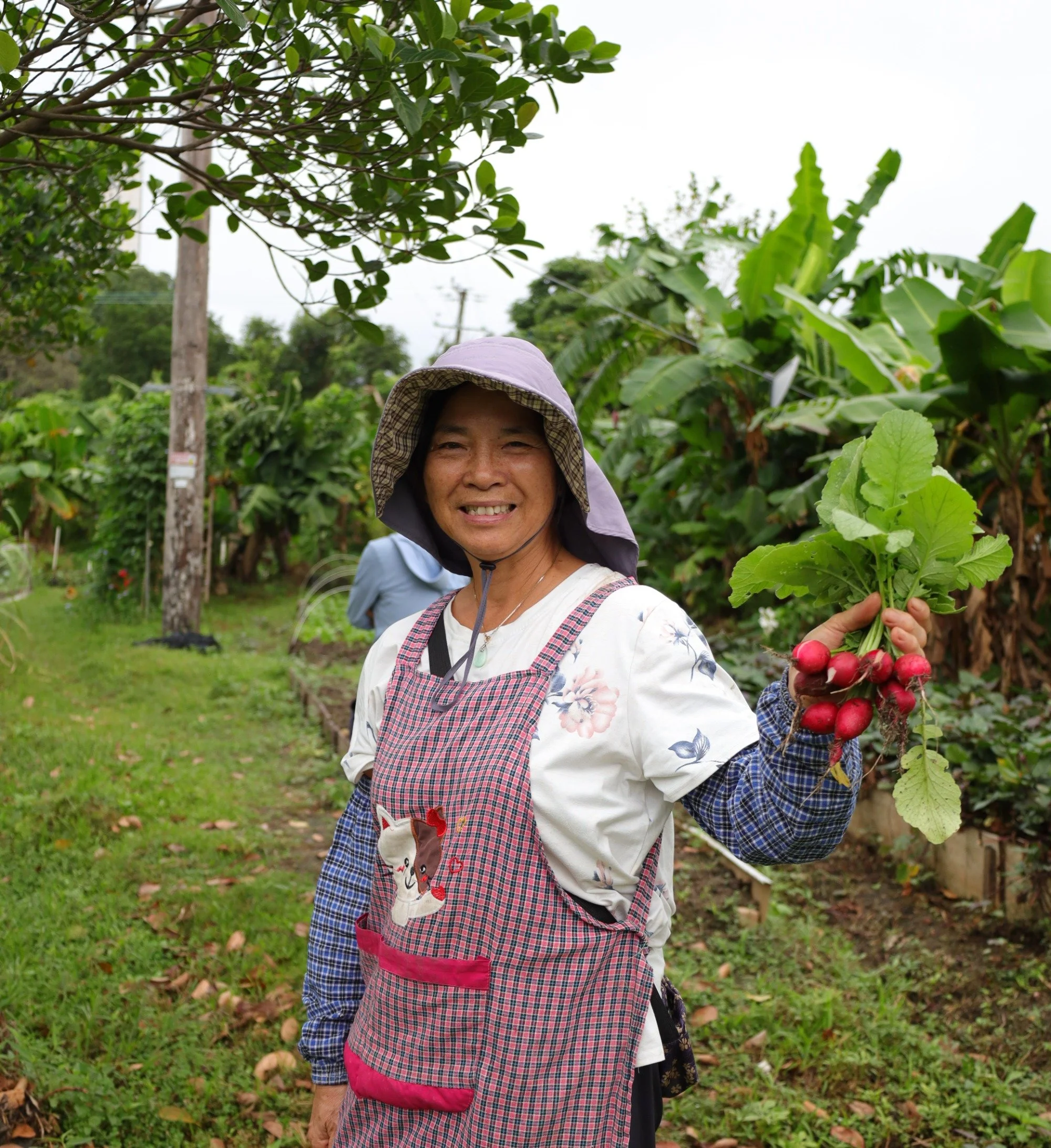What is True Cost Accounting?
In today's global economy, we can have what we want when we want it. Food is affordable to the majority, with some segments of society even able to buy more than they need. What these prices don't reflect is what it costs the planet and community for the food to reach our plate. Think of these hidden externalities like Scope 3 emissions - indirect, unintended or unconscious effects within the value chain.
We are so focused on the advantages of globalization that we often (conveniently) disregard the broader impact of the production process. Being able to account for these ‘true costs’ is crucial to understanding our real 'foodprint' and finding optimal solutions for a renewable and equitable food economy.
Our Agrifood systems that intersect with all aspects of our lives.
Let’s take health as an example. At best, food produced via current industrial farming lacks nutritional value and, at worst, is unfit for consumption. According to a study by the World Bank Group (2019), there is a productivity loss equivalent to USD 95.2 billion due to unsafe food in low- and middle-income countries. Alongside additional welfare expenses related to malnutrition, these costs are rarely reflected in our food prices.
Quantifying these impacts in our supply chains requires work. According to the UNFAO’s recommendations (2023), there are four types of capital inputs in the food system – natural, human, social, and manufactured. Getting the necessary data on each of these to quantify the true costs of the food we eat will require collaboration between regulators and businesses and stakeholder engagement at national and international levels.
An overview of TCA assessments
Once we have identified these hidden costs, simply increasing prices to cover them is virtually impossible in the current market-driven environment. We need initiatives that create and redistribute value across the supply chain.
Our Restore Fund solution is a part of our broader mission to advocate for governments and businesses to financially support food producers in their transition to regenerative farming practices.
Healthy soil, health crop, and happy farmer.
Our responsibility as food business operators is to use the theory of true accounting to leverage our spheres of influence to encourage policymakers and businesses to incentivise behaviour change and move us to a food system that creates value rather than destroys it.
Sources:
Jaffee, S., Henson, S., Unnevehr, L., Grace, D. & Cassou, E. 2019. The Safe Food Imperative: Accelerating Progress in Low- and Middle-Income Countries. Washington, DC, World Bank. https://openknowledge.worldbank.org/server/api/core/bitstreams/e018c0ed-0e18-517d-b733-cbfc90f6a371/content
Food and Agriculture Organization of the United Nations 2023. The State of Food and Agriculture 2023 Revealing the True Cost of Food to Transform Agricfood Systems. https://www.fao.org/3/cc7724en/online/cc7724en.html



